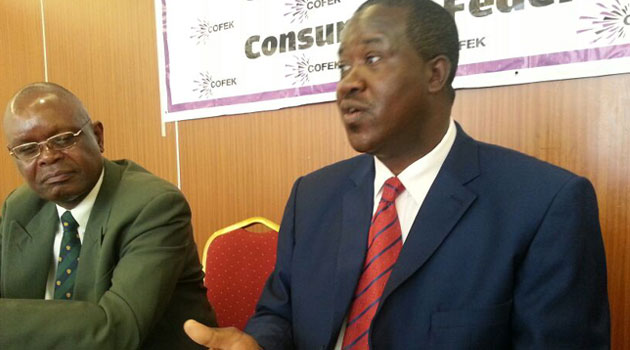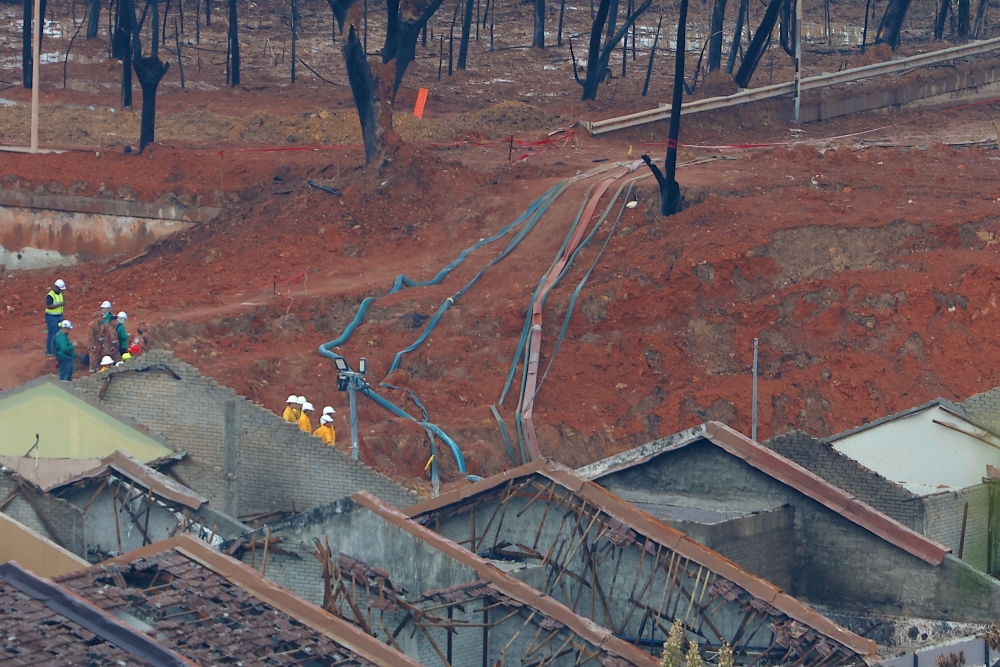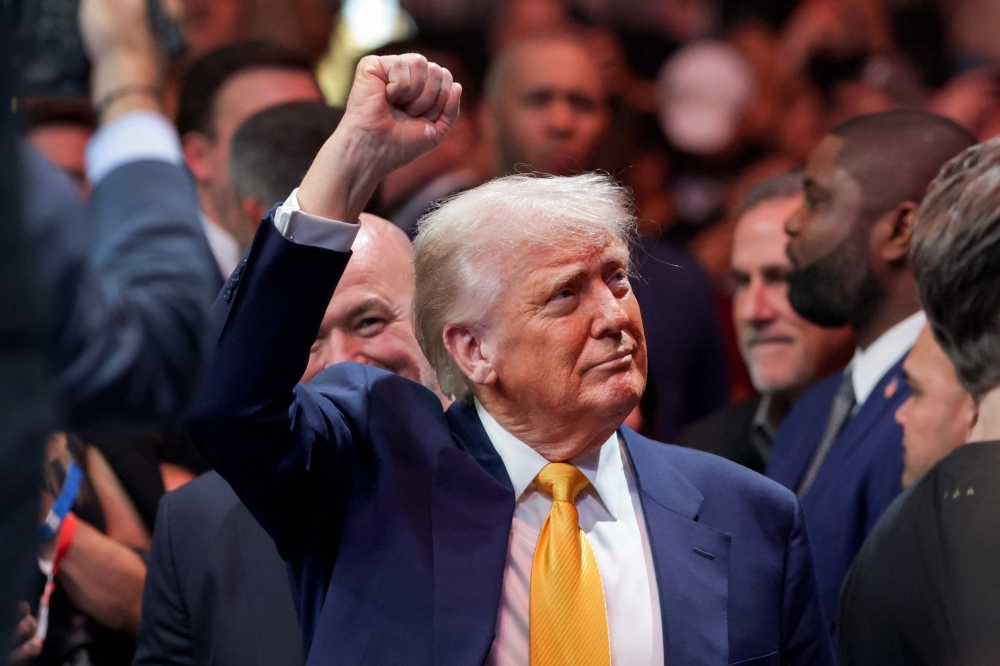By Stephen Mutoro Click here to connect with us on WhatsApp APRIL 12 – The recent lead story in The Standard titled “Man of Steel: Devki Boss’ Iron Hold on Ruto’s Government” left readers with more questions than answers. Rather than scrutinizing government malfeasance, it instead appears to cast aspersions on investor Narendra Raval, better known as Guru, blaming him for alleged state capture. This misdirected narrative not only deflects from real institutional failings but also jeopardizes the climate for investment.
The article relies heavily on politically charged hearsays – comments from former Deputy President Rigathi Gachagua and the recently dismissed Cabinet Secretary Justin Muturi – without sufficient corroboration. Under the Kenya Evidence Act, hearsay evidence – except in narrowly defined exceptions like dying declarations or official documents – is generally inadmissible. By failing this basic test of evidentiary caution, the piece unfairly faults Mr.

Raval on mere political conjecture. Moreover, the story conveniently overlooks key context. Mr.
Raval’s success story, rooted in decades of humble beginnings, is contrasted against a backdrop where his businesses dominate sectors such as cement. clinker and steel. Had his enterprises not been market leaders, the narrative might have faltered altogether.
Instead, the article seems designed to victimize success, ignoring the broader benefits of a thriving private sector – benefits that include job creation and significant tax revenues. The story also misses the “double effect” inherent in public-private cooperation: good governance initiatives by the Executive can yield unintended negative perceptions. Yet, these same policies have, indirectly, spurred remarkable contributions from Mr.
Raval. His group of companies employs over 14,000 people directly, and indirectly supports thousands more across the supply chain. On the philanthropic front, his firms have fed more than 12,000 schoolchildren over the past two decades – a fact lost in the politically charged narrative.
Politicians often drop names of successful entrepreneurs to create sensational headlines. However, such headlines come at a steep price. They not only misrepresent the nature of business-government relationships but also risk stifling private sector dynamism—leading to reduced investments, higher unemployment, and lower tax revenue.
There is no law barring private investors from engaging with the government. On the contrary, sound business practice demands that government remain a key client. In a final, misguided twist, the article drew a premature and unfounded comparison between Mr.
Raval and the Guptas of South Africa, the latter notorious for their documented role in state capture during the Jacob Zuma era. Such comparisons are not only inaccurate but also defamatory. While the Guptas orchestrated widespread governmental manipulation through overt political and economic coercion, no comparable evidence implicates Mr.
Raval in similar conduct, scale and circumstances. For a balanced perspective, media narratives should rely only on verified facts rather than superficial political innuendo. Mixing politics with business reporting without substantive evidence is an assault on constructive economic discourse.
As the adage goes, to whom much is given, much is expected—and leading dailies owe their readers responsible journalism that refrains from unfounded indictments. Mr Raval should be celebrated and not condemned. Regulatory or public policy weaknesses should be addressed elsewhere.
Government. Not private sector. Mutoro is Secretary General of the Consumers Federation of Kenya (COFEK) and Chairman of the Campaign Against Illicit Trade & Fake Products (CAITFAP).
Business

Blaming Devki’s Guru for ‘State Capture’ Misses the Mark and Hurts Investment

By Stephen Mutoro APRIL 12 – The recent lead story in The Standard titled “Man of Steel: Devki Boss’ Iron Hold on Ruto’s Government” left readers with more questions than answers. Rather than scrutinizing government malfeasance, it instead appears to cast aspersions on investor Narendra Raval, better known as Guru, blaming him for alleged state [...]















